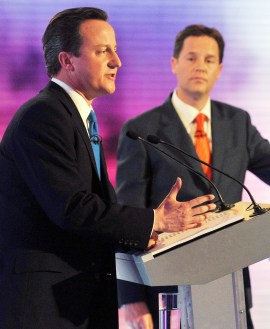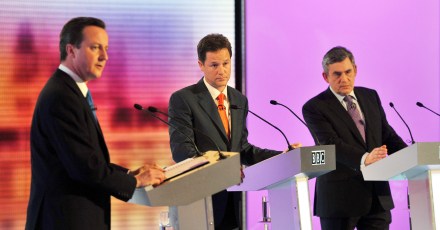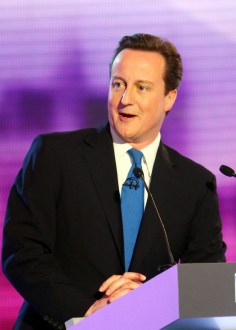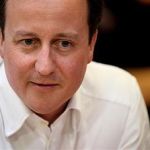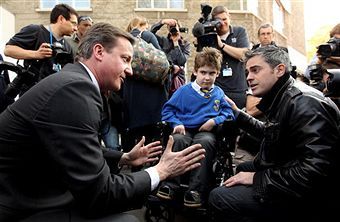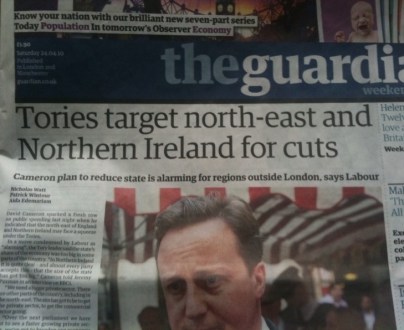Cameron must avoid making deals with the Lib Dems
Even after the Gillian Duffy incident, tonight’s polls either point to a hung parliament or a gossamer Tory majority. So the prospect of a Con-LibDem alliance, being forged next weekend, remains all too real. In the leading article of this week’s Spectator, we urge Cameron to go it alone with a minority government – rather than enter into a pact, of any sort, with the LibDems. If Cameron fails to win a majority, he must form a minority government, do the best he can and then, when the time comes, ask the Queen for a dissolution of Parliament so he can ask the country for a majority. There are five
